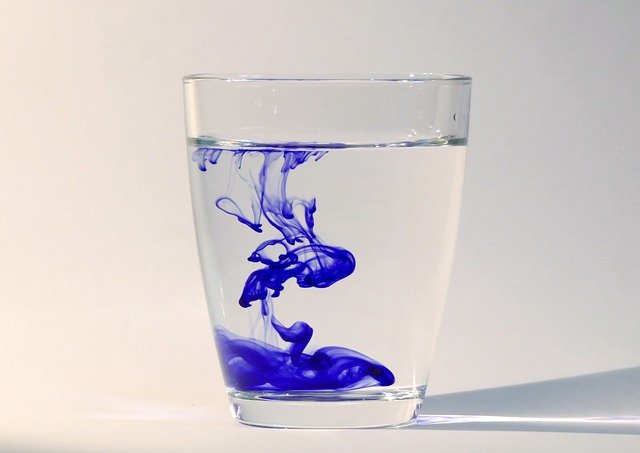
A solute is a substance that dissolves in a mixture.
It is essential when it comes to establishing the meaning of the word solute , which we are now going to analyze below, that we discover the etymological origin of said concept. Thus, it must be emphasized that it is found in Latin, and specifically in the word solutus , which can be translated as “dissolved, free or liberated.”
This is a Latin word that in turn can be said to be the participle of the verb solvere which is synonymous with “release and let go.” However, it can also be established that it means "to pay, to release money to someone."
Solute, solvent and solution
A solution is a mixture with homogeneous characteristics formed by at least two substances. The solute is the substance that is generally found in the smallest amount and that dissolves in the mixture . The solvent , on the other hand, is the substance that usually appears in greater quantity and where the solute dissolves.
The concentration of the solution indicates the relationship that exists between the amount of solvent and the amount of solute. It is important to highlight that the chemical properties of the solvent and the solute do not undergo modifications in the solution.

When dissolved in coffee, sugar acts as a solute.
The solubility
The solute is usually a solid contained in a liquid solution. Solubility is largely linked to its polarity. Polar molecular compounds and ionic compounds have the property of solubility in solvents with polar characteristics (among which ethanol and H2O can be mentioned). Nonpolar molecular compounds, on the other hand, are soluble in nonpolar solvents (such as ether).
Solubility is linked to how capable a substance is of dissolving in another (that is, its ability to act as a solute). This measurement is usually reflected in grams per liter , moles per liter and even in percentage of solute .
Solutes and the movement of water
In addition to all of the above, we have to establish that the term solute is used very frequently in matters of water movement, and specifically in two phenomena known as global flow and diffusion. Thus, it is established that, for example, in the first case that occurs in living beings, what this flow does is move not only water but also solutes from one part of a multicellular organism to another.
On the contrary, in diffusion, solutes, molecules and ions move out, in and through the cell itself.
Examples of different types
It is important to keep in mind that a solute can be solid, liquid or gaseous. Sugar is an example of a solid solute that dissolves in water. Water is also a solvent when mixed with ethanol , which acts as the liquid solute in this case. Another example of a solute that dissolves in water is carbon dioxide , a gas used in carbonated drinks. This shows that solutes can appear in any state of aggregation of matter.
However, in addition to what has been mentioned, we cannot ignore the fact that solute is also a term widely used in the field of technology, and more specifically in computing. In this sector, when we talk about Soluto, we are referring to an application whose clear mission is to speed up the startup of the Windows operating system.
